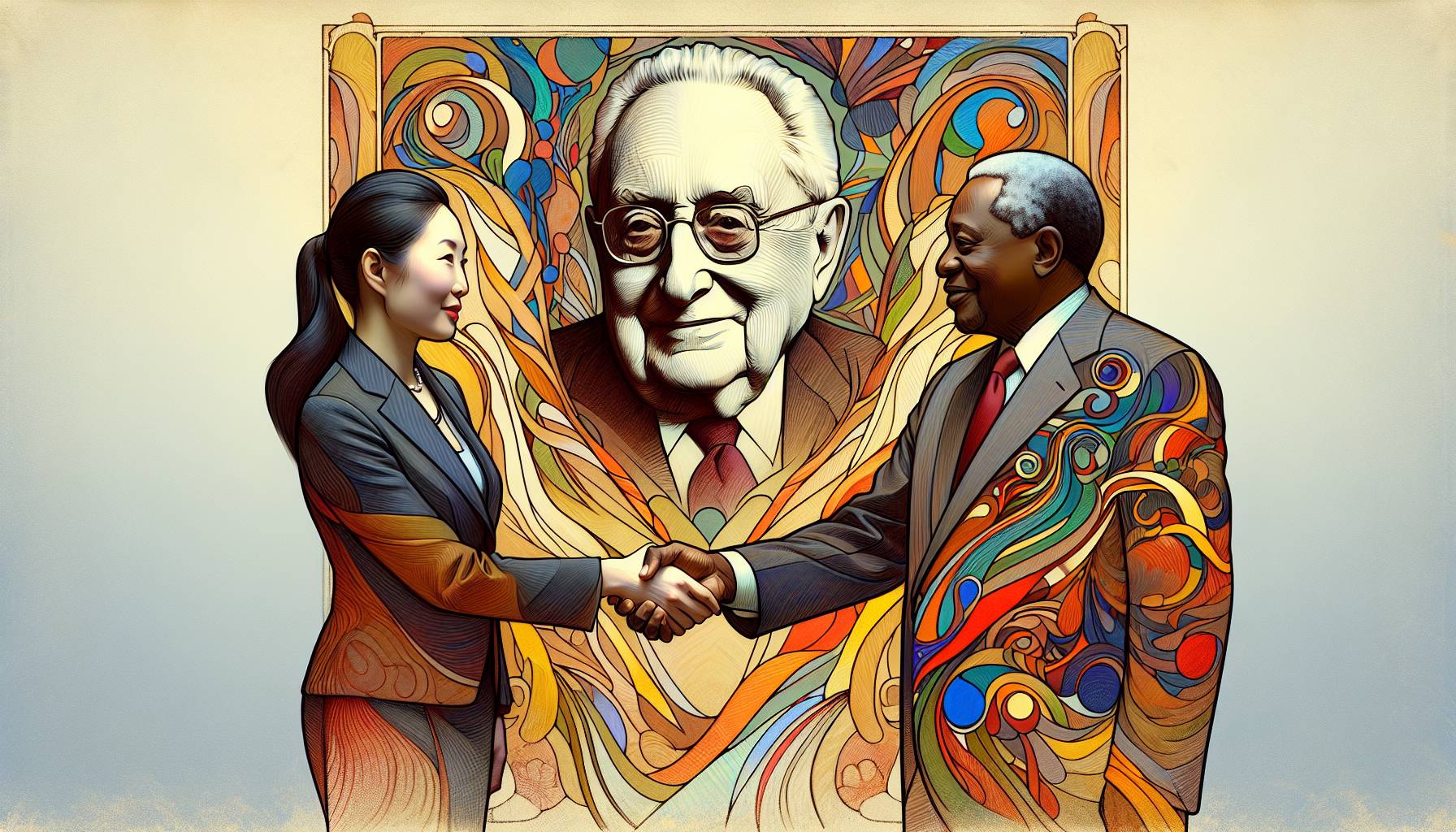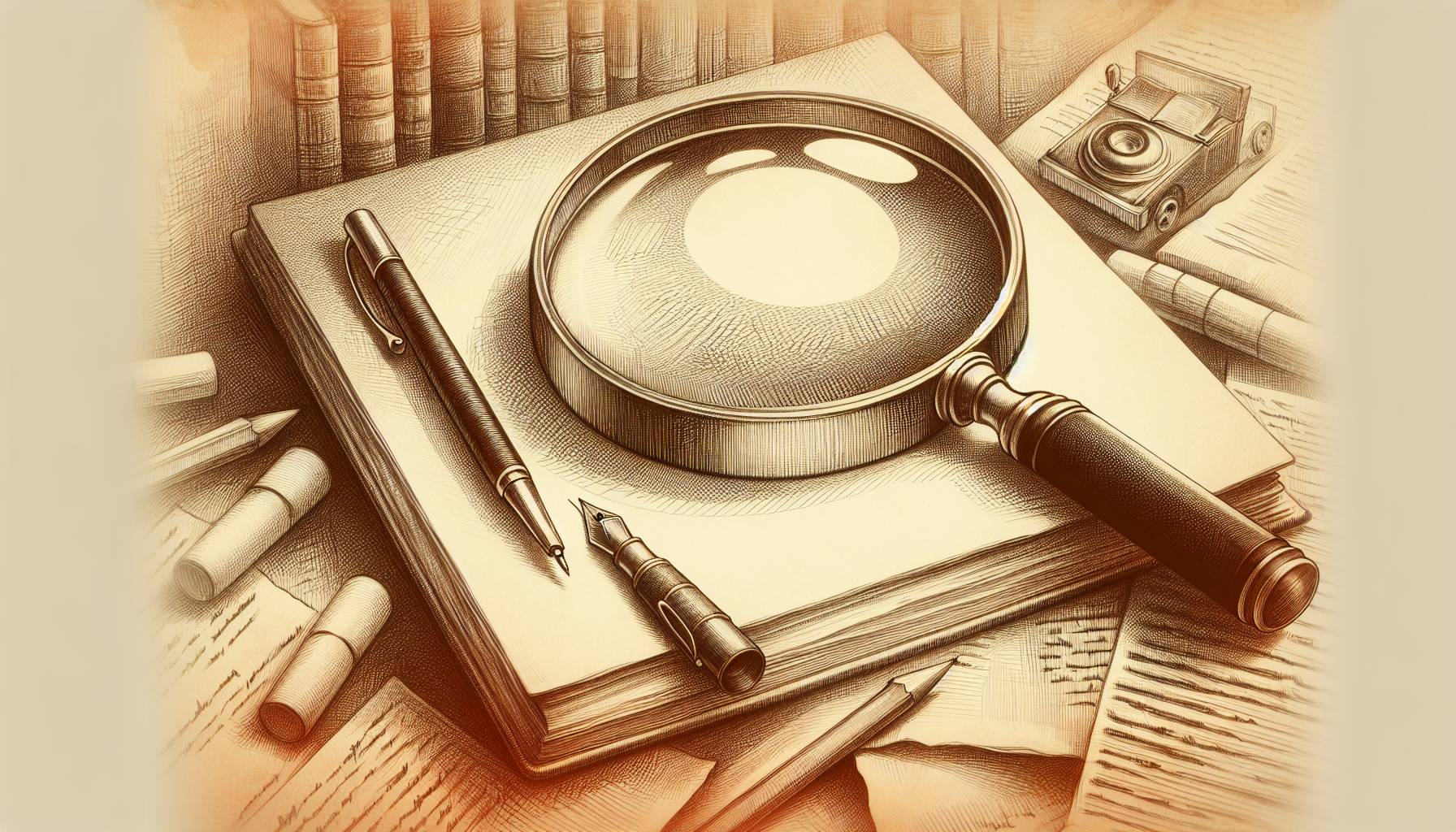Early life and academic pursuits
Henry Kissinger was born in pre-World War II Germany and encountered significant difficulties as a Jewish person in a hostile environment. At the age of 15, he and his family fled to the United States, where he displayed an exceptional intellect that would become evident in his academic accomplishments. Kissinger earned a scholarship to Harvard University and eventually received his PhD in political science. His expertise in international relations and strategic diplomacy would later lead to his appointment as National Security Advisor and Secretary of State under Presidents Richard Nixon and Gerald Ford.
Developing diplomatic expertise at Harvard
While studying at Harvard, Kissinger wrote a 383-page undergraduate dissertation discussing the endurance of diplomacy in post-Napoleonic Europe. This work allegedly instituted the “Kissinger rule,” which limited the length of subsequent dissertations to promote concision and encourage brevity in future academic works. As evidence of the lasting impact of diplomacy, Kissinger’s research continues to inform and inspire scholars in the field of international relations.
Unconventional approaches to diplomacy in the Nixon administration
As a member of Nixon’s government, Kissinger applied the knowledge he gained from his doctoral work to function outside the boundaries of the State Department and the foreign service. Disillusioned with traditional diplomacy, he advocated for the use of “back-channels” to communicate with various involved parties, such as Russia and China. This tactic allowed him to circumvent the typical diplomatic paths and facilitate more discreet, direct communication with international partners. As a result, Kissinger played an essential role in opening relations with China and promoting de-escalation during the Cold War, making significant advances in international relations.
Strategic deception as a diplomatic tool
Kissinger’s strategy, which employed deceit but not blatant dishonesty, earned him the admiration of colleagues like Israeli Shimon Peres, who described him as “the most devious man I have ever met.” However, this deviousness often led to successful diplomatic negotiations and outcomes in various global situations. Some argue that his cunning and strategic thinking effectively maintained balance during critical moments of the Cold War, even when it involved manipulation and underhanded tactics.
Impact on American foreign policy and lasting influence
Throughout his career, Kissinger displayed unwavering confidence in his abilities, positioning him as a vital player in American foreign policy. His keen intellect and strategic acumen enabled him to navigate complicated geopolitical situations with ease, frequently resulting in successful negotiations and resolutions. Consequently, Kissinger’s influence continues to shape the direction of international relations, even decades after his tenure as Secretary of State.
First Reported on: economist.com
FAQs
What challenges did Henry Kissinger face in his early life?
Henry Kissinger was born in pre-World War II Germany and faced significant difficulties as a Jewish person in a hostile environment. At the age of 15, he and his family fled to the United States.
What did Kissinger study at Harvard?
Henry Kissinger studied political science at Harvard University and eventually received his PhD. His focus was on international relations and strategic diplomacy.
What was the “Kissinger rule”?
The “Kissinger rule” was allegedly instituted after he wrote a 383-page undergraduate dissertation at Harvard. This rule limited the length of subsequent dissertations to promote concision and encourage brevity in future academic works.
How did Kissinger utilise unconventional approaches to diplomacy during the Nixon administration?
Kissinger advocated for the use of “back-channels” to communicate with various involved parties, such as Russia and China. This tactic allowed him to circumvent the typical diplomatic paths and facilitate more discreet, direct communication with international partners.
What was the significance of Kissinger’s strategic deception as a diplomatic tool?
Kissinger’s strategy, which employed deceit but not blatant dishonesty, often led to successful diplomatic negotiations and outcomes in various global situations. Some argue that his cunning and strategic thinking effectively maintained balance during critical moments of the Cold War, even when it involved manipulation and underhanded tactics.
How has Kissinger influenced American foreign policy and international relations?
Kissinger’s keen intellect and strategic acumen enabled him to navigate complicated geopolitical situations with ease, frequently resulting in successful negotiations and resolutions. Consequently, his influence continues to shape the direction of international relations, even decades after his tenure as Secretary of State.













